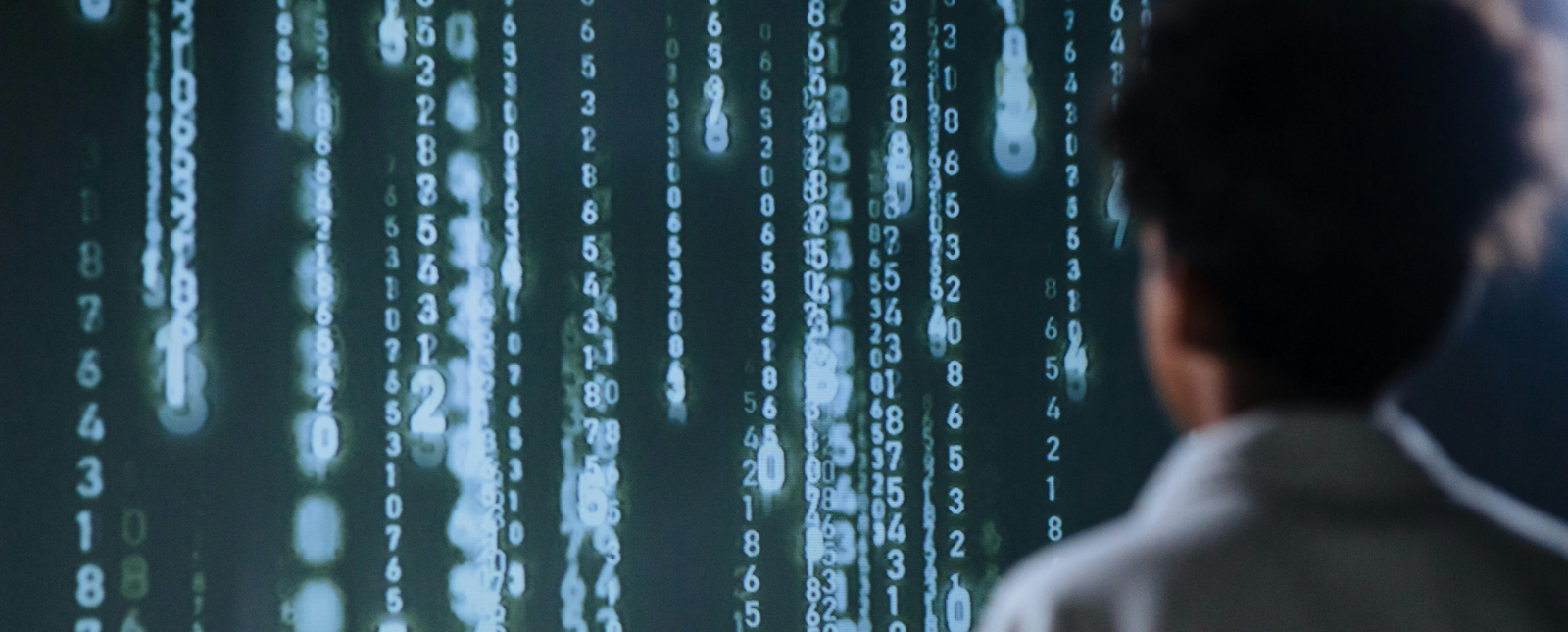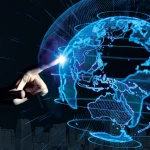Introduction
The world is entering an era where algorithms influence decisions more powerfully than human debate. From social media feeds to election campaigns, digital platforms now act as political players in their own right, shaping public opinion across continents.
As the lines blur between entertainment, information, and governance, celebrities and global leaders alike are adapting to the algorithmic rhythm of modern communication. The question facing the world today is not just who holds power, but who programs it.
Technology as the New Political Arena
Governments have long relied on communication to connect with citizens, but technology has redefined this relationship. Social networks have become the modern-day public square, where policies are announced, protests organized, and global narratives shaped in real time.
In this environment, those who master digital communication gain a strategic edge. Leaders who understand algorithms can amplify their messages instantly, while those who ignore them risk being overshadowed by viral trends. Politics has become a battle for visibility as much as for vision.
Celebrity Activism in the Digital Battlefield
Celebrities have evolved from entertainers into advocates, using their digital influence to highlight global issues from climate change to human rights. Stars like Leonardo DiCaprio and Malala Yousafzai have leveraged their online platforms to reach audiences far beyond the reach of traditional diplomacy.
This form of activism has given global politics a human face, turning hashtags into movements. Yet, it also raises ethical questions about the balance between performance and purpose — whether awareness alone is enough to create lasting change in a world driven by algorithms.
AI’s Invisible Hand in Global Decision-Making
Artificial intelligence now plays a silent but decisive role in global affairs. Governments use machine learning to forecast economic trends, analyze social sentiment, and even shape foreign policy responses. AI’s analytical power gives policymakers unprecedented insight — but also unprecedented risk.
The danger lies in overreliance. When leaders base critical decisions on opaque systems, accountability fades. As more nations deploy algorithmic governance, the need for transparency becomes a matter of international stability rather than just technical ethics.
Media, Misinformation, and Manipulation
The rise of digital influence has also fueled a global battle against misinformation. Social platforms are both the problem and the battleground, hosting millions of posts that shape elections, markets, and cultural beliefs. What spreads online can alter reality offline.
Tech companies face growing scrutiny for how their systems amplify or suppress certain voices. Political polarization, once driven by ideology, is now increasingly shaped by algorithms that prioritize engagement over truth. The result is a fragile media environment where credibility must constantly be defended.
The Global Diplomacy of Data
Data has become the new currency of power. Nations are no longer competing for territory but for access to information — and control over how it flows. International relations now hinge on who can collect, interpret, and protect digital assets more effectively.
This has led to what many call “data diplomacy,” where alliances and rivalries are built around technological capacity. Countries like China, the United States, and India are investing heavily in AI-driven intelligence, reshaping global strategy in ways comparable to the nuclear arms race of the past century.
Ethics and Accountability in the Digital Age
As algorithms and influencers reshape the political landscape, the need for ethical accountability grows more urgent. Tech executives now testify before parliaments and senates, facing the same scrutiny once reserved for government officials. Digital responsibility is becoming a new form of governance.
Meanwhile, the public is becoming more aware of how their personal data is used to shape what they see and believe. Activists and whistleblowers are pushing for reform, calling for transparent algorithms and stronger global digital rights. The fight for democracy is no longer just at the ballot box — it is happening in the code itself.
The Cultural Power of Algorithms
Beyond politics, algorithms are redefining culture and identity. Music, film, and fashion trends are now driven by digital recommendation systems rather than human tastemakers. This shift has democratized access to fame, allowing new voices from across the world to reach audiences once controlled by traditional media.
However, it has also created a homogenized culture where global tastes blend into a single algorithmic stream. As entertainment becomes more data-driven, the world risks losing the diversity that once made art a reflection of unique human experiences.
FAQs
How are algorithms shaping global politics?
Algorithms influence what people see, believe, and share online, indirectly affecting elections, policies, and international opinion.
What role do celebrities play in political activism today?
They act as global advocates, using digital platforms to amplify causes and mobilize public awareness.
Why is AI’s influence on policy controversial?
Because its decision-making processes are often opaque, raising concerns about accountability and bias in governance.
How does misinformation affect democracy?
It undermines trust, polarizes citizens, and manipulates voters, making it harder to sustain informed debate.
Can data diplomacy prevent conflict?
Potentially, yes — by promoting cooperation in technology sharing and cybersecurity — but it also risks sparking new digital rivalries.
Conclusion
The world is living through an unprecedented transformation, where algorithms, fame, and power intertwine. What once took decades to influence now happens in seconds, and what was once local now becomes global with a single post. Technology has not only changed how we connect — it has changed how we govern, create, and believe.
As this algorithmic age deepens, the world faces a defining choice: whether to let invisible systems shape our future unchecked, or to demand a more transparent, ethical digital order. The future of democracy and human creativity depends on that decision — one that must be made not by machines, but by the people who created them.




